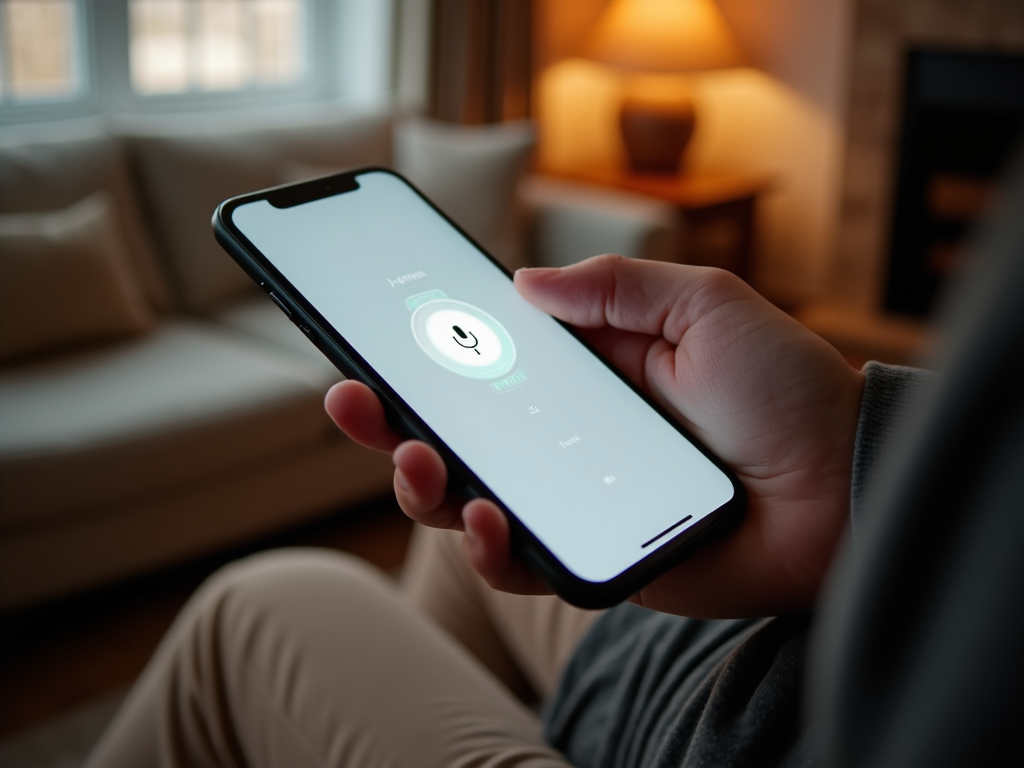In an age where technology is evolving rapidly, so are the methods employed by scammers. AI voice scam calls are becoming increasingly sophisticated and more difficult to differentiate from legitimate communications. In this article, we will explore two effective ways to detect AI voice scam calls, equipping you with the knowledge to protect yourself from falling prey to these modern-day con artists.
Understanding AI Voice Scams

AI voice scams involve the use of artificial intelligence to mimic human voices, making it challenging for individuals to recognize the caller’s true intent. These scams are designed to extract personal information or money from unsuspecting targets. The AI-generated voices can appear extremely convincing, sometimes mimicking the voices of known contacts or authoritative figures. As technology advances, the sophistication of these scams is likely to increase, making it vital for users to stay vigilant and informed about detection methods.
1. Analyze Call Patterns and Context
The first step in distinguishing AI voice scam calls is to analyze the call patterns and context. Most scam calls have certain characteristics that can help in identifying them. Consider the origin of the call: unusual international calls or unfamiliar area codes should raise a red flag. Equally important is the timing and frequency of the calls. Scam calls often follow predictable patterns to ensnare their victims, such as calling at odd hours or delivering repetitive messages.
To assist in this analysis, one can track the following:
- Unusual Area Codes: Pay attention to calls from distant or unfamiliar locations.
- Late-night or Early Morning Calls: Scammers often target times when recipients may be less alert.
- Repeated Call Attempts: Frequent callbacks are a common tactic to instill urgency.
By observing these patterns, you can significantly reduce the risk of falling victim to an AI voice scam.
2. Leverage Voice Authentication Technology
The second strategy involves utilizing voice authentication technology, which can offer an added layer of security. Many advanced security systems now offer voice recognition features that can help discern between authentic and AI-generated voices. This technology analyzes the voice characteristics and patterns to detect anomalies. When integrated with phone systems, this can automatically flag suspicious calls, prompting further scrutiny before engagement.
To effectively utilize voice authentication, consider the following steps:
- Choose a Reliable Service: Opt for reputable companies offering voice recognition technology.
- Regular Updates: Ensure the voice recognition system is frequently updated to tackle new AI tactics.
- Training and Calibration: Properly configure the system with samples of known voices to enhance accuracy.
- Intrusion Alerts: Set up notifications for flagged calls, enabling you to act promptly.
By adopting voice authentication technology, you not only enhance your protection against scam calls but also stay one step ahead in this ongoing technological arms race.
Conclusion
As AI voice scam calls become more prevalent, it is crucial to remain vigilant and proactive in safeguarding your personal information. By analyzing call patterns and employing advanced voice authentication technology, you can significantly reduce the risk of falling victim to such scams. Remember, awareness is the first line of defense. Equip yourself with knowledge and appropriate tools, and stay protected in this evolving digital landscape.
Frequently Asked Questions
1. What is an AI voice scam call?
AI voice scam calls utilize artificial intelligence to replicate human-like voices, often aiming to deceive recipients into divulging personal information or transferring money.
2. Can I completely prevent AI voice scam calls?
While it’s challenging to completely prevent them, employing tools such as call monitoring features and voice authentication technology can effectively reduce the likelihood of falling victim to these scams.
3. Are AI voice scams a significant threat?
Yes, as technology improves, scammers are increasingly using AI voice technology to make their schemes more convincing, posing a significant threat to individuals and businesses alike.
4. How can I report a suspected AI voice scam call?
Most countries have a specific government body or consumer protection agency where you can report these calls. You can also inform your phone service provider to block these numbers.
5. Are there any tell-tale signs during a call that suggest it might be an AI-generated voice?
Yes, signs may include unnatural speech pauses, repetitive language, or failure to respond naturally to questions. Trust your instincts; if something feels off, proceed with caution.





